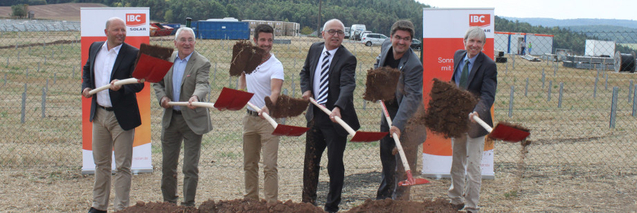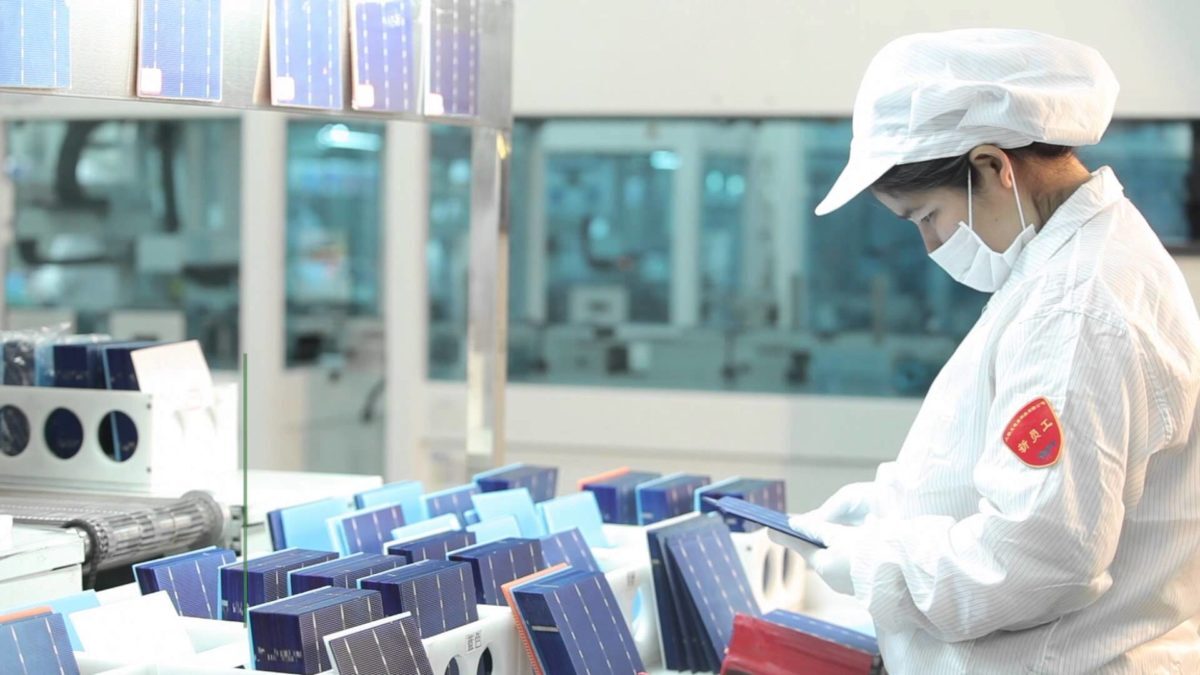German grid-operator Bundesnetzagentur launched the second 2017 auction for large-scale PV projects on Thursday. Projects proposals for PV installations ranging from 750 kW to 10 MW must be submitted by June 1, 2017.
In this bidding round, the Bundesnetzagentur will allocate approximately 200 MW of installed PV power. The auction will include PV projects built on agricultural land or grassland areas in disadvantaged regions for the first time. Disadvantaged regions are those areas that have a limited potential for agricultural production.
The states of Bavaria and Baden-Württemberg, which are the only regions that have permission to build PV plants in disadvantaged regions to date, are expected to benefit from these new provisions introduced with Germany’s new renewable energy law (EEG 2017), which came into force at the beginning of this year. The regional government of Baden-Württemberg established that around 100 MW of solar plants under the auction scheme can be installed in disadvantaged areas of its territory every year, while that of Bavaria has set a limit of 30 projects, which means a potential capacity of 300 MW per year.
The ceiling price for the auction was set at €0.0891 ($0.0954) per kWh.
Although the June auction has now been launched, the Bundesnetzagentur has not reported yet the results of the auction held in February. In this auction, the grid-operator selected 38 projects with a combined capacity of 200 MW. The auction ended with an average price of €0.0658 ($0.0701) per kWh. The lowest bid was €0.060 per kWh, while the highest offer was €0.0675 per kWh.
This content is protected by copyright and may not be reused. If you want to cooperate with us and would like to reuse some of our content, please contact: editors@pv-magazine.com.




Is the Bundeznetzsaentur requiring or encouraging project developers to preserve rural land so far as possible, for example through grazing or wildflowers for bees?